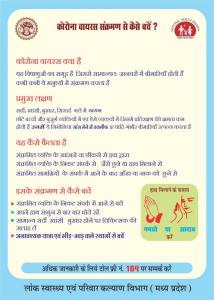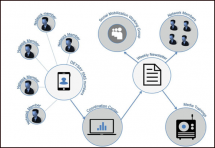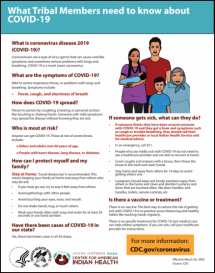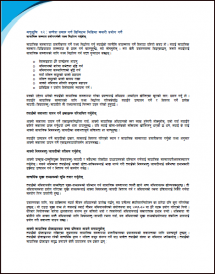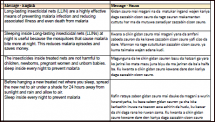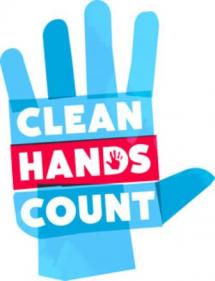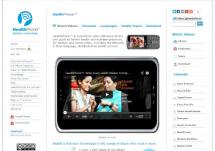Mission Motherhood SMS Messages
UNICEF, working with support from Johnson & Johnson, adapted the BabyCenter mission motherhood messages for health programs in low resource settings.
These messages have been digitized and shared via SMS to expectant and new mothers on actions they should take to ensure their health and that of their babies in the critical first thousand days of life (from conception to age two).
The messages are also shared with health workers on key follow-up actions they should provide to new mothers. These messages were adapted for use in the Family Connect and Mom Connect program in Uganda and South Africa.
- Messages for Pregnancy and Baby
- Messages for 1-3 Year Olds
- Messages for Household Members
- Messages on Additional Topics
Source: Baby Center
Date of Publication: October 2, 2021
SIMILIAR RESOURCES
Tools
Examples
- Community Communication MNCH e-Manual: Participatory Health Promotion Sessions
- Creating Mobile Health Solutions for Behaviour Change: A Study of Eight Services in the mNutrition Initiative Portfolio
- COVID-19 Guide for Community Health Workers
- Nutrition Social and Behavior Change Strategy Library
- The ECHO Study Report
- Guidance for Providing Informed-Choice Counseling on Sexual Health for Women Interested in PrEP: Kenya and South Africa
- How Should Community Health Workers in Fragile Contexts be Supported: Qualitative Evidence from Sierra Leone, Liberia and Democratic Republic of Congo
- Prevent, Detect, Respond: How Community Health Workers can Help in the Fight against COVID-19
- Guide de Formation Conseil Dépistage du VIH au niveau Communautaire: manuel à l'intention du personnel non médical
- Routine Childhood Immunization


